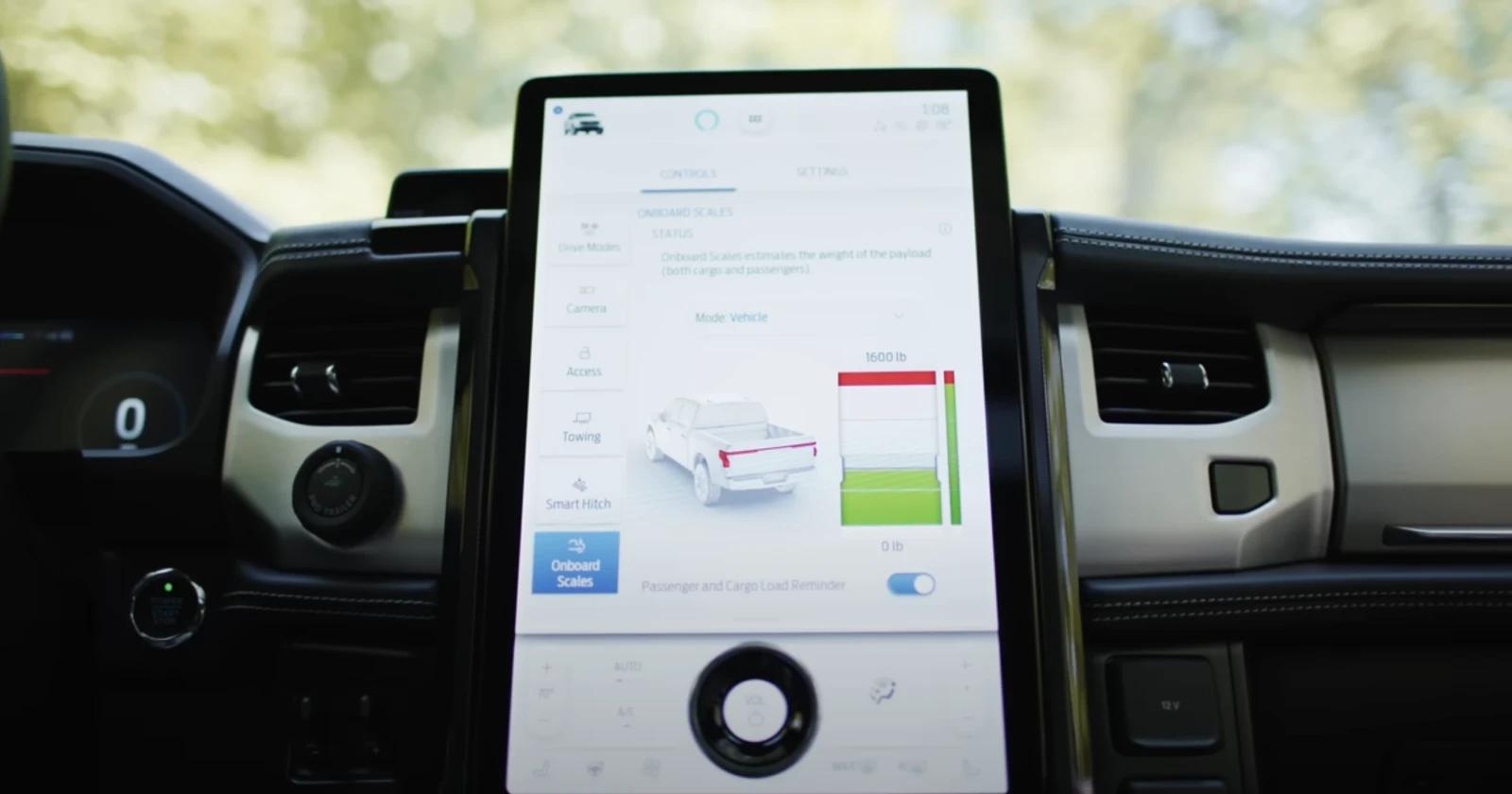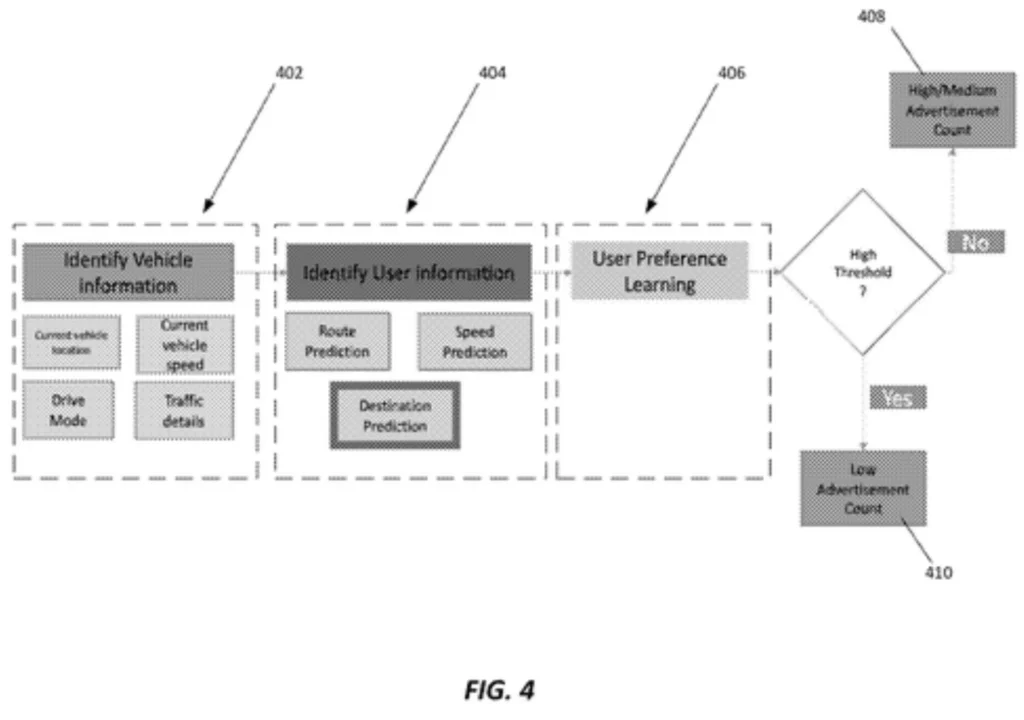For years, people have shared anecdotes about discussing a product, only to see an ad for it pop up on their phone moments later. If you’ve not experienced it, it’s likely that you’ve heard about it happening to someone in your circle. While tech giants have consistently denied using microphones to spy on users, new evidence suggests that some companies are actively developing technologies to do just that.
A recent report by 404 Media exposed a pitch deck from Cox Media Group (CMG) touting its “Active Listening” software. This technology allegedly targets ads based on conversations picked up by device microphones, including smartphones. While the full extent of its implementation remains unclear, the mere existence of such technology is cause for alarm.
But the invasion of privacy doesn’t stop with our phones. It now seems your conversations in your vehicles might also end up being used for targeted ads. Ford Motor Company recently filed a patent for an “In-Vehicle Advertisement Presentation System” that would record conversations inside the vehicle to serve targeted ads to occupants. The system would also track the car’s location, speed, and even whether it’s stuck in traffic.
In 2023, Ford sold a total of 1,995,912 vehicles in the US alone. So if you put two and two together, it’s clear that Ford’s In-Vehicle Advertisement Presentation System might actually be a lucrative addition to the business. While Ford tells Gizmodo that this is just a patent filing and not necessarily a product plan, it highlights a disturbing trend in the industry. Other major automakers like General Motors, Honda, and Hyundai are already collecting detailed driving data through their connected car apps, often sharing this information with data brokers and insurance companies.
As reported by The New York Times, some drivers have been shocked to discover their insurance rates spiking due to driving data they didn’t even know was being collected. This raises serious questions about consent and the extent to which our personal information is being commodified without our knowledge. Most people wouldn’t even think about their vehicles basically ratting them out to insurance companies.
Moreover, if not Ford, who’s to say that other car manufactures won’t come up with something similar in an attempt to boost their revenue? At the end of the day, it’s up to us to decide whether we’re willing to trade our personal conversations for the dubious convenience of hyper-targeted ads.
Featured image credits: MKBHD / YouTube
TechIssuesToday primarily focuses on publishing 'breaking' or 'exclusive' tech news. This means, we are usually the first news website on the whole Internet to highlight the topics we cover daily. So far, our stories have been picked up by many mainstream technology publications like The Verge, Macrumors, Forbes, etc. To know more, head here.



